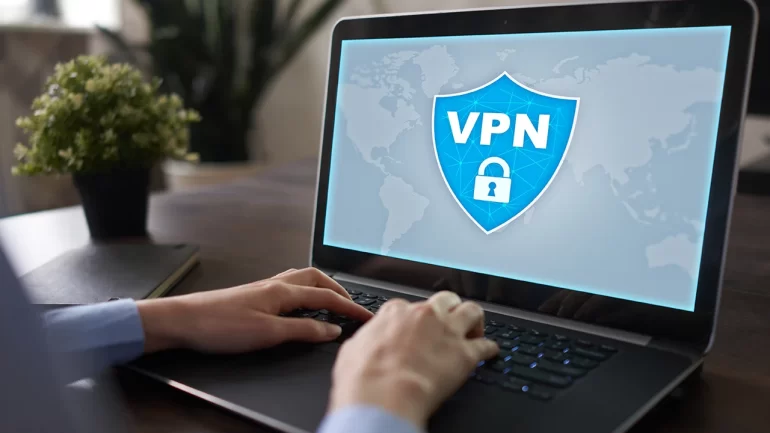The Many Benefits of Using an Industrial Radio Communication
Many business owners are frustrated by radio communication systems’ big appearance, restricted capabilities, and old-fashioned antennas. Modern radios include sleek, elegant designs and top-of-the-line technology.
Two-way industrial radio communication systems are popular because their sturdy designs offer cost-effective, reliable, clear communications that don’t rely on services, aren’t influenced by distance, and can tolerate harsh environments. What are two-way radio’s top benefits?
Clarified communication
Call clarity is paramount while communicating. Two-way radios remove the possibility of low-quality calls from interference in mobile communications that rely on service. Two-way radios were designed for clarity and to minimize interference. This allows clear and effective communications across long distances, difficult terrain, and under pressure.
Service Dependence
Personal phones often rely on unreliable service, so connectivity issues hinder internet and phone communication. Radio frequency schemes give two-way radios greater flexibility than landlines and mobiles. Radio waves travel through the air and can be guided via reflection and retraction.
Durable
Two-way radios are built to withstand industrial use, unlike slimline mobile phones. The sturdy variants can withstand high temperatures, drops from great heights, and water immersion. Many types are also dustproof for usage in the desert or low-visibility areas. Even in harsh situations, two-way radios allow communication.
Widespread, cost-effective communication
Radio frequency systems don’t require service, thus non-service zones aren’t a concern. This means radio communications can span enormous distances, prioritizing widespread communication.

Usability
Two-way radios enable easy communication at the push of a button. Many models include huge interfaces and color-coded lights for compromising regions. Two-way radios are an effective and simple technique to communicate over long distances using modern radio frequency technology.
Lightmodels
Heavy models and poor design are history. Two-way radios are compact, lightweight, and portable to allow communication wherever the user is. This lightweight nature means that personnel’s job capabilities aren’t hindered by carrying heavy equipment and can be utilised in a variety of conditions.
IM
Unlike current cell phones, two-way radio communication is easy. With one touch, the receiver hears this message instantly, so they don’t need to accept the call, speeding up communication. This degree and speed of communication is crucial in time-critical scenarios with several two-way radios.
Teamwork
Enabling group functionality saves time and money. In the time you can send your message across the frequency to the group, this covers one phone call on mobile phones or other devices. This reduces calling time and service costs, creating a more efficient workplace.
Long-lasting batteries
In recent years, two-way radio battery life has improved. Some models have a battery life of over 24 hours, thus the same radio can be used on many shifts without charging, saving time and money.
Driver Use
Using two-way radios instead of mobiles on the highways reduces a big threat not only for the radio users, but for everyone on the roads at that time.






